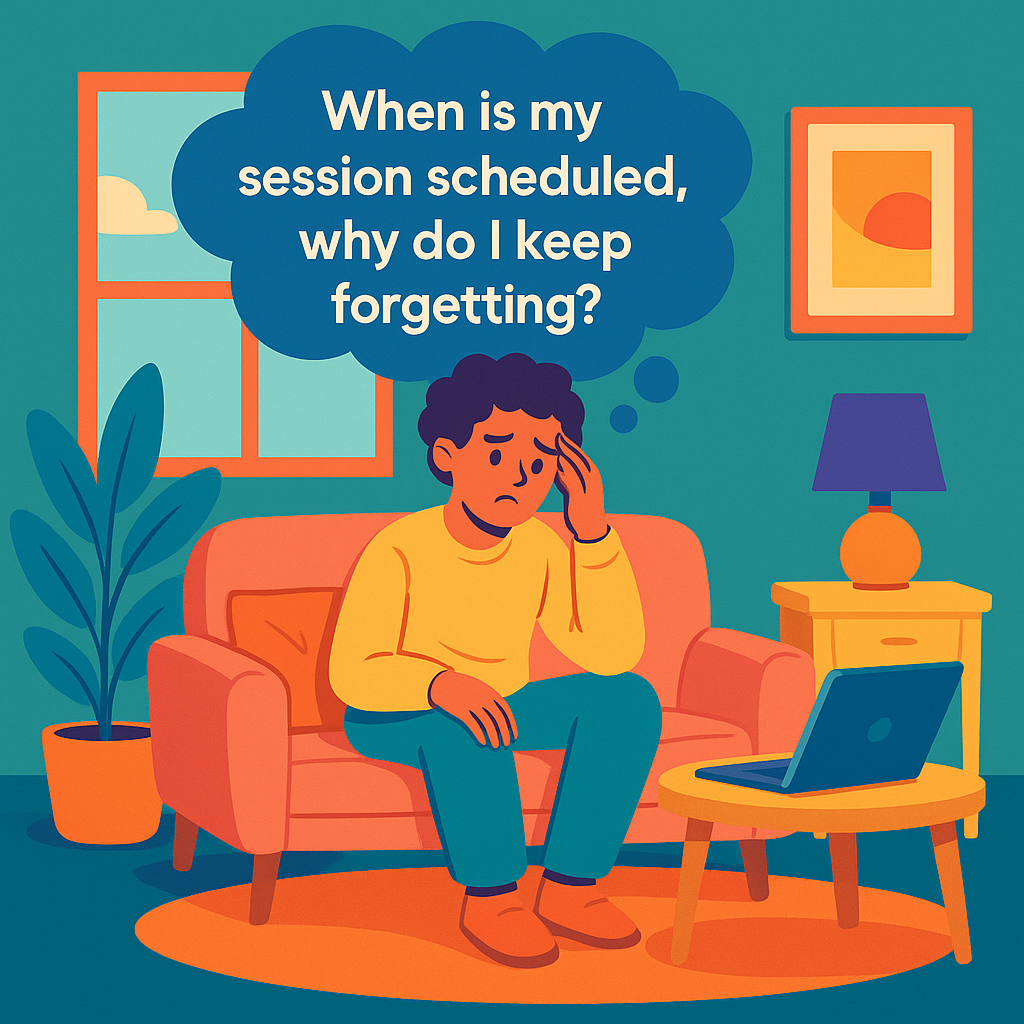Have you ever Googled something,
found the answer instantly, and then completely forgotten it a few hours later?
Or maybe you don’t bother remembering phone numbers, directions, or even
birthdays anymore because your phone does it all for you. This modern habit has
a name: Digital Amnesia.
Digital amnesia is the phenomenon
of forgetting information because we rely too heavily on technology Google,
smartphones, and digital assistants to remember things for us. While it feels
convenient, it’s quietly changing the way our brain stores and retrieves
memories. Let’s explore what this means for our daily lives, our future, and
how we can protect our natural memory.
Back in 2015, a global survey
revealed something surprising: most people couldn’t even recall their family
members’ phone numbers. Why? Because their phones already “knew” it for them.
This is what experts call Digital
Amnesia. Think of it like this your brain has outsourced its job. Instead
of storing information, it simply says: “Don’t worry, Google or my phone
will remember it.”
It’s almost like your phone has
become your external hard drive you don’t remember the fact itself, you
just remember where to search for it.
Now ask yourself: if your phone
switched off right now, how many numbers or directions could you actually
recall?
How It Shows Up in Daily Life
You might not even realize it, but
digital amnesia sneaks into your routine every single day.
- At
work: You
rely on reminders and WhatsApp messages for tasks, instead of actively
remembering them. Without your phone, it feels like your brain goes blank.
- On
the road:
Even for places you’ve visited 10 times, you use Google Maps. Your brain
never gets the chance to memorize the route.
- In
relationships:
Once upon a time, remembering birthdays or small details was a sign of
love. Now, we let Facebook or reminders do the job.
Over time, our brain is doing less
of the “heavy lifting” and more of the “outsourcing.”
Why It Could Be a Problem in the
Future
Right now, forgetting small details
may feel harmless. But psychologists worry it could affect us in deeper ways:
- Brain
laziness:
Memory is like a muscle. If we don’t use it, it weakens.
- Over-dependency: Imagine your phone dies in
an emergency, and you can’t remember a single contact number.
- Confidence
dips: Many
people panic when they forget things, fearing “poor memory,” when in
reality, it’s just underused.
- Generational
impact: Kids
growing up with instant answers may never learn simple memory tricks like
visualization or repetition.
Think of it like relying on a
calculator for every single sum—soon you forget how to do basic math.
Can We Do Something About It?
Yes, and the solutions are fun,
simple, and totally doable. Here are some psychologist-approved ways to give
your brain its power back:
1. Recall Before You Google
The next time you’re about to check
a fact—like the capital of a country, lyrics of a song, or even a
multiplication table—pause. Give your brain 10 seconds to pull it out.
Example: Before Googling “9 x 7,”
try calculating it yourself.
That little effort is like exercise
for your brain.
2. Start Remembering Numbers
Pick one important number—maybe
your partner’s, parent’s, or best friend’s—and memorize it. Keep testing
yourself until it sticks.
It sounds small, but it makes your
memory muscles stronger and prepares you for emergencies.
3. Turn Lists Into Stories
Our brain loves pictures and
stories, not plain facts.
Example: You need bread, eggs, and
coffee. Picture a giant egg cracking open to reveal a loaf of bread, while a
river of coffee flows out. Silly? Yes. Effective? Absolutely.
This old-school trick is called a mnemonic,
and it works wonders.
4. Play With Your Brain
Crosswords, Sudoku, memory apps, or
even small challenges like spelling words backward can boost recall.
Try this right now: Can you list 5
things you ate yesterday—without checking your phone gallery?
5. Move Your Body, Help Your Brain
Exercise improves blood flow to the
brain, making memory sharper. Even a 20-minute walk, some yoga stretches, or
dancing to your favorite song can help.
6. Sleep on It
Your brain processes and stores
information while you sleep. That’s why pulling all-nighters before exams
backfires—you may study more but remember less.
Aim for 7–8 hours of good sleep
every night.
7. Create Digital-Free Zones
Your brain needs practice. Try
these small changes:
- No
phones during meals:
Talk, laugh, recall stories.
- No-Google
days: Once a
week, figure things out the old way.
- Mindful
reminders:
Use reminders only for big things, not every tiny task.
Let’s be real—we can’t (and
shouldn’t) throw away our phones. Technology saves us time and energy. But the
danger is when it replaces memory completely.
Think of it like elevators: they’re
great, but you still need to take the stairs sometimes to stay fit. Similarly,
use Google, but don’t forget to exercise your brain too.
Why It Matters for Mental Health
At The Mind Veda, we meet
many people who worry about poor memory, low focus, or constant digital
distraction. The good news? Most of it isn’t aging or illness—it’s lifestyle.
When people re-train their memory
with small habits, they feel sharper, less stressed, and more confident. A
strong memory doesn’t just help you at work or school—it makes your
relationships more personal and your mind more at peace.
So, here’s a challenge:
Before you open your phone to check
something today—stop for a moment and ask: “Can I remember this on my own?”
That tiny pause could be the start of a sharper, stronger brain in the digital age.

